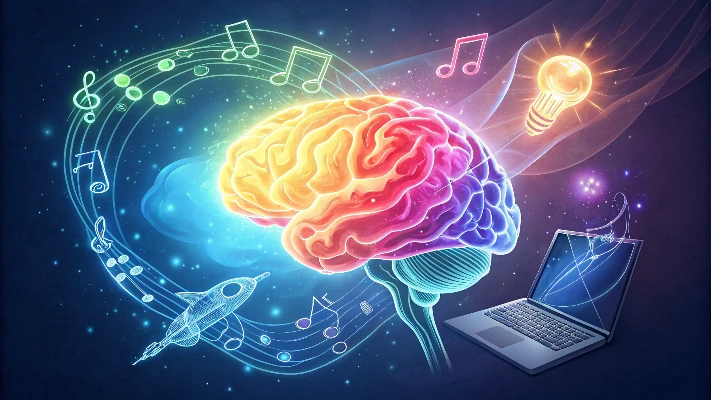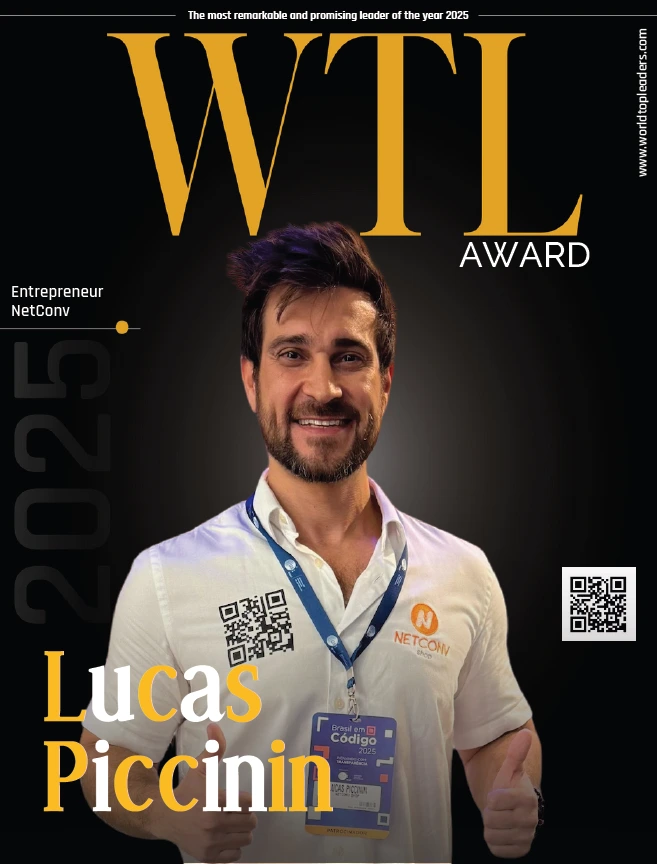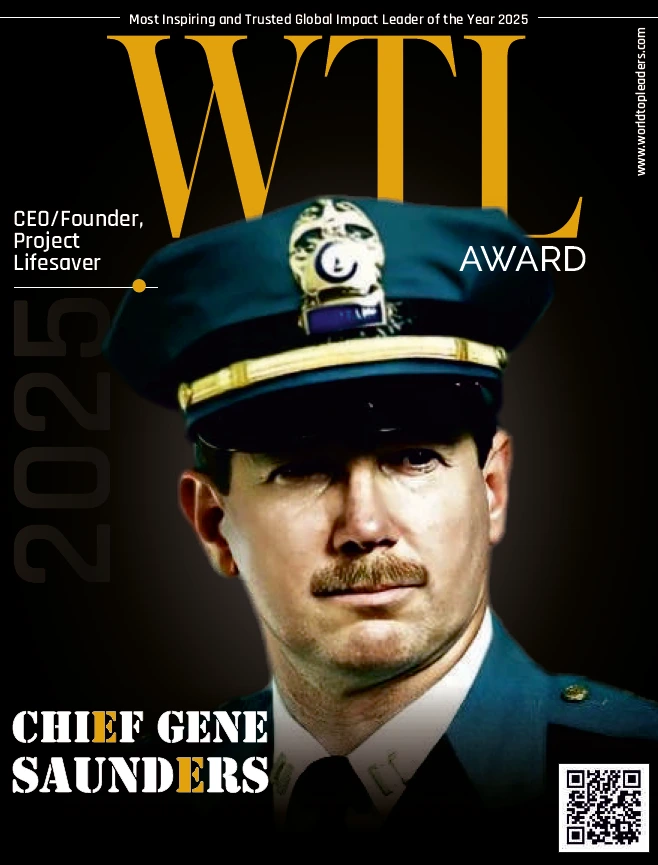Neurodesign: How Brain Science is Shaping the Future of Creativity
Reading Time : 5 min

Neurodesign: How Brain Science is Shaping the Future of Creativity
Creativity has long been considered an art—an expression of imagination, intuition, and human originality. But in recent years, science has entered the picture, uncovering how the brain works when we create.
Neurodesign, the fusion of neuroscience and design, explores how brain science can shape the way we think, create, and innovate. By understanding the neural processes behind creativity, researchers, designers, and leaders are building new frameworks that could redefine how ideas are generated and brought to life in the 21st century.
What is Neurodesign?
Neurodesign is an emerging field that studies how the human brain responds to visual stimuli, design patterns, and creative environments. It bridges neuroscience, psychology, and design to reveal how creativity can be enhanced and optimized. This approach provides evidence-based insights into why certain designs inspire curiosity, how storytelling affects memory, and how environments can stimulate innovative thinking.
The Science of Creativity
Creativity is not limited to one part of the brain—it is a complex interplay between multiple regions. The prefrontal cortex governs decision-making and problem-solving, while the default mode network activates when we imagine, dream, and brainstorm. Neurodesign examines these neural pathways to identify what sparks originality and how creative “flow” states can be achieved. This deeper understanding opens new possibilities for education, innovation, and business leadership.
Designing for the Brain
By applying neuroscience to design, innovators can create products, spaces, and experiences that align with how people naturally think and feel. For example:
Architecture & Workspaces: Offices designed with natural light, open spaces, and calming colors can reduce stress and stimulate creativity.
Marketing & Branding: Visual cues that trigger positive emotions can make brands more memorable and engaging.
User Experience (UX): Interfaces designed to match cognitive processes make technology more intuitive and enjoyable to use.
These applications demonstrate how neurodesign is not just theory but a practical tool for shaping the future of creativity.
Enhancing Innovation Through Neurodesign
Organizations are increasingly adopting neurodesign principles to encourage innovation. From brainstorming methods informed by neuroscience to AI tools designed around human cognition, creativity is being reimagined as a science-driven discipline. Leaders see this as a way to unlock new potential in teams, foster collaboration, and accelerate problem-solving in a rapidly changing world.
Ethical and Human-Centered Considerations
While neurodesign holds immense promise, it also raises questions. If design can influence the brain, how should it be used responsibly? Ethical neurodesign requires transparency, inclusivity, and a focus on human well-being rather than manipulation. The goal is not to control thought but to create environments and tools that empower people to think more freely and creatively.
The Future of Creativity
As brain science continues to advance, creativity will no longer be seen as a mysterious gift but as a skill that can be understood, nurtured, and enhanced. Neurodesign represents the next frontier in how humans approach innovation—blending art and science, intuition and evidence. By learning how the brain works, we can design experiences that unleash new levels of imagination and shape the future of creativity itself.
Our Latest Awards
-
 The most remarkable and promising leader of the year 2025
The most remarkable and promising leader of the year 2025 -
 The Most Influential Leader in Global Health & Wellness 2025
The Most Influential Leader in Global Health & Wellness 2025 -
 Most Inspiring Leader in Business Finance 2025
Most Inspiring Leader in Business Finance 2025 -
 Most Inspiring Leader in Digital Transformation
Most Inspiring Leader in Digital Transformation -
 Most Inspiring and Trusted leader in Law 2025
Most Inspiring and Trusted leader in Law 2025 -
 Most Transformational and Empowering Leader in Architecture 2025
Most Transformational and Empowering Leader in Architecture 2025 -
 Most Empowering Leader in Clinical Research & Global Impact 2025
Most Empowering Leader in Clinical Research & Global Impact 2025 -
 Most Influential Global Voice in Emotional & Creative Leadership – 2025
Most Influential Global Voice in Emotional & Creative Leadership – 2025 -
 Most Transformational CEO in Global Banking and Finance – 2025
Most Transformational CEO in Global Banking and Finance – 2025 -
 Most Promising and Trusted Anti-Aging & Preventive Healthcare Brand of 2025
Most Promising and Trusted Anti-Aging & Preventive Healthcare Brand of 2025 -
 Most Inspiring and Trusted Global Impact Leader of the year 2025
Most Inspiring and Trusted Global Impact Leader of the year 2025 -
 MOST TRANSFORMATIONAL BUSINESS PERSONALITY OF THE YEAR 2025
MOST TRANSFORMATIONAL BUSINESS PERSONALITY OF THE YEAR 2025 -
 MOST ADMIRABLE HEALTHCARE LEADER OF THE YEAR 2025
MOST ADMIRABLE HEALTHCARE LEADER OF THE YEAR 2025 -
 MOST INSPIRING PHARMACEUTICAL EXECUTIVE OF THE YEAR 2025
MOST INSPIRING PHARMACEUTICAL EXECUTIVE OF THE YEAR 2025
